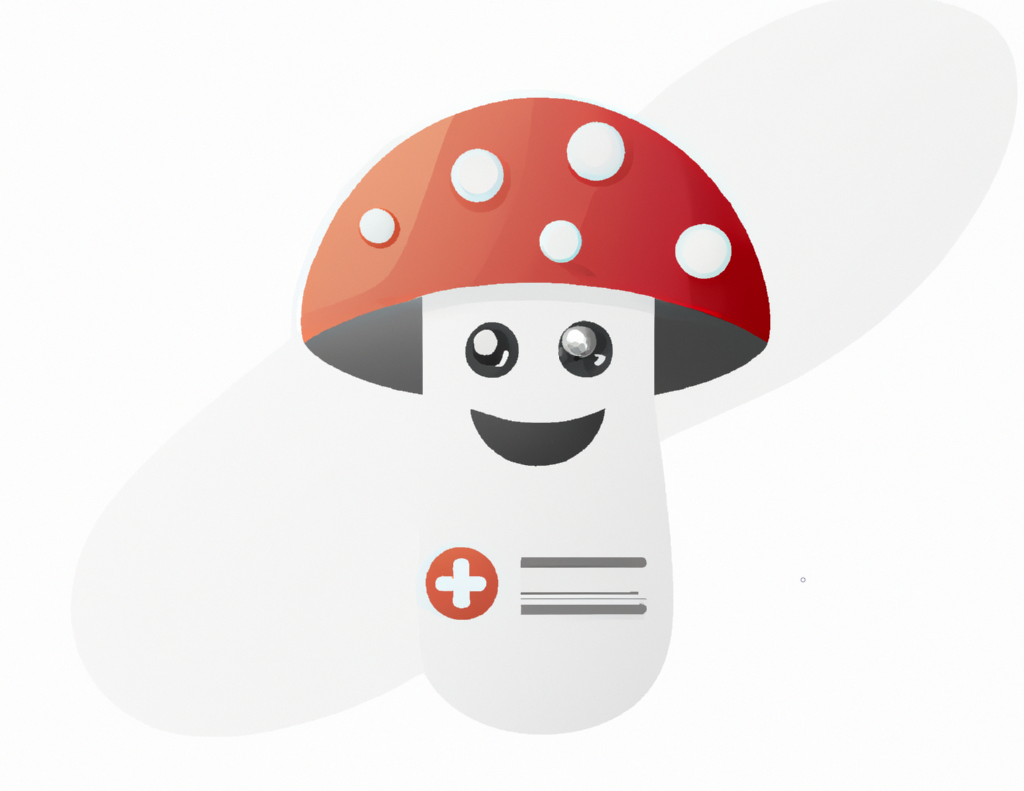
The metamorphosis of magic mushrooms from recreational substance to a groundbreaking mental health solution is captivating scientific inquiry and altering perceptions. Recent research is unveiling the remarkable therapeutic properties of psilocybin, the principal psychoactive element in these fungi. Studies indicate its efficacy in combatting depression, addiction to smoking and alcohol, and alleviating anxiety in the terminally ill. Ongoing investigations are probing psilocybin's potential for treating opioid dependence, PTSD, and anorexia nervosa.
This emerging scientific enthusiasm is accompanied by a shift in societal attitudes, spurring legal transformations in various U.S. municipalities. Oregon, notably, marked a milestone in 2020 by decriminalizing magic mushrooms and is now setting the groundwork for the regulated application of their therapeutic potential. This places Oregon at the forefront of this global endeavor. Despite these strides, psilocybin remains subject to strict national restrictions in most nations, posing challenges for comprehensive scientific exploration. Nonetheless, a worldwide initiative seeks to reclassify the substance to surmount these legal barriers.
Following intensive research in the 1950s and 1960s, psychedelics, including psilocybin, encountered sudden bans, partly due to associations with counterculture movements. The 1971 United Nations Convention on Psychotropic Substances led to psilocybin's classification as a Schedule I substance in the U.S., signifying "no currently accepted medical use and a high potential for abuse." This severely impeded research for decades. However, the current revival in scientific investigations, spearheaded by experts such as David Nutt at Imperial College London, is unveiling the way psilocybin can reshape brain connectivity patterns, potentially paving the way for novel therapeutic approaches.
Several U.S. cities are adopting measures to decriminalize magic mushrooms in response to the burgeoning potential of psilocybin. However, this should not be misconstrued as outright legalization; both the substance and mushrooms remain prohibited. Nevertheless, law enforcement is shifting focus away from prosecuting possession or usage-related offenses. Cities like Denver, Oakland, and Washington, D.C. have implemented policies to de-prioritize such charges.
In Oregon, the state's health authority has established a scientific advisory board tasked with developing regulations for psilocybin service centers. These centers, anticipated to be licensed starting next year, will not claim to offer direct depression treatment but will emphasize enhancing overall well-being. Notwithstanding, concerns persist about potential confusion between therapeutic intervention and medical care.
The advisory board in Oregon is diligently shaping robust protocols for training facilitators and rigorous client screening procedures to ensure safety. The objective is to mitigate risks and create secure environments. Despite advancements in local decriminalization efforts, U.S. researchers remain bound by stringent federal Schedule I regulations. The International Therapeutic Psilocybin Rescheduling Initiative is advocating for the World Health Organization to reevaluate the classification of psilocybin—an endeavor justified by its evident medicinal potential.
Distinct legal frameworks in select countries are facilitating research and treatment involving psilocybin. For example, Canada designates magic mushrooms as Schedule III substances, allowing research and trial exceptions. Portugal's comprehensive drug decriminalization approach also stands out. Some nations accommodate indigenous communities' use of psychedelic plants due to their historical significance.
The evolving public perception of psilocybin, coupled with a growing corpus of evidence, signifies that this transformation will likely continue gaining momentum. Uehling from Oregon State University aptly encapsulates the sentiment: "It's an exhilarating time to be a mycologist." The implications in Oregon could potentially set the stage for other states, achieving a balance between successful methodologies and necessary enhancements in the realm of psychedelic therapy.
